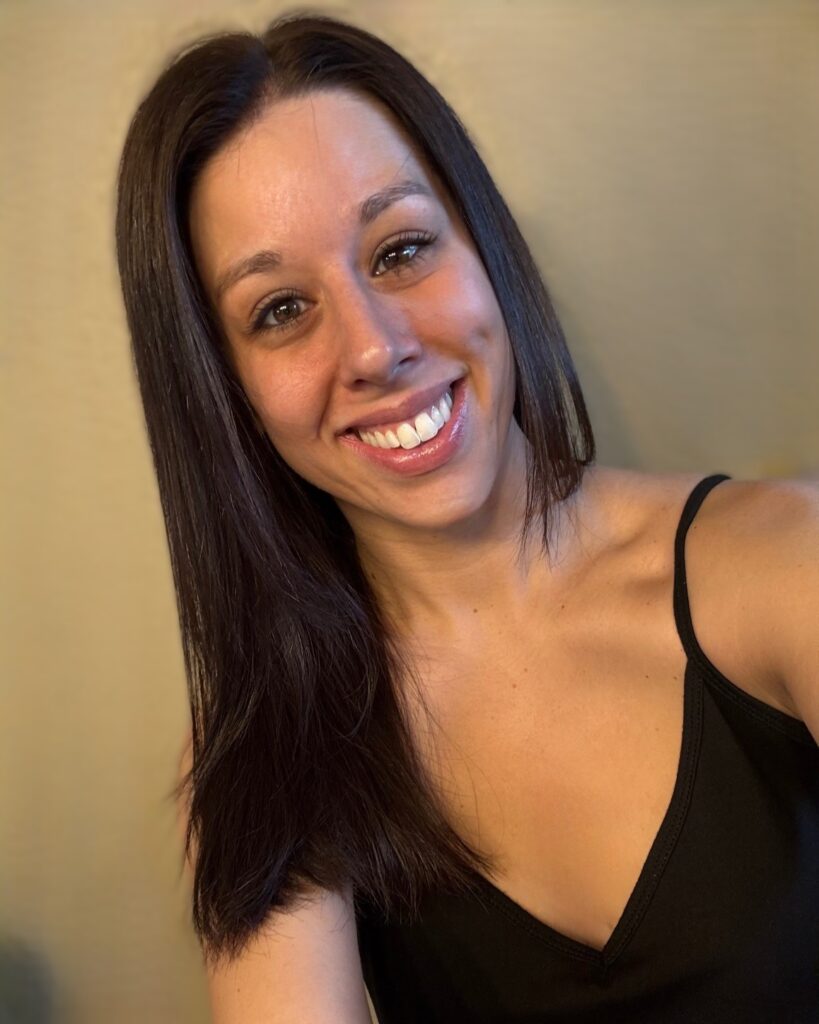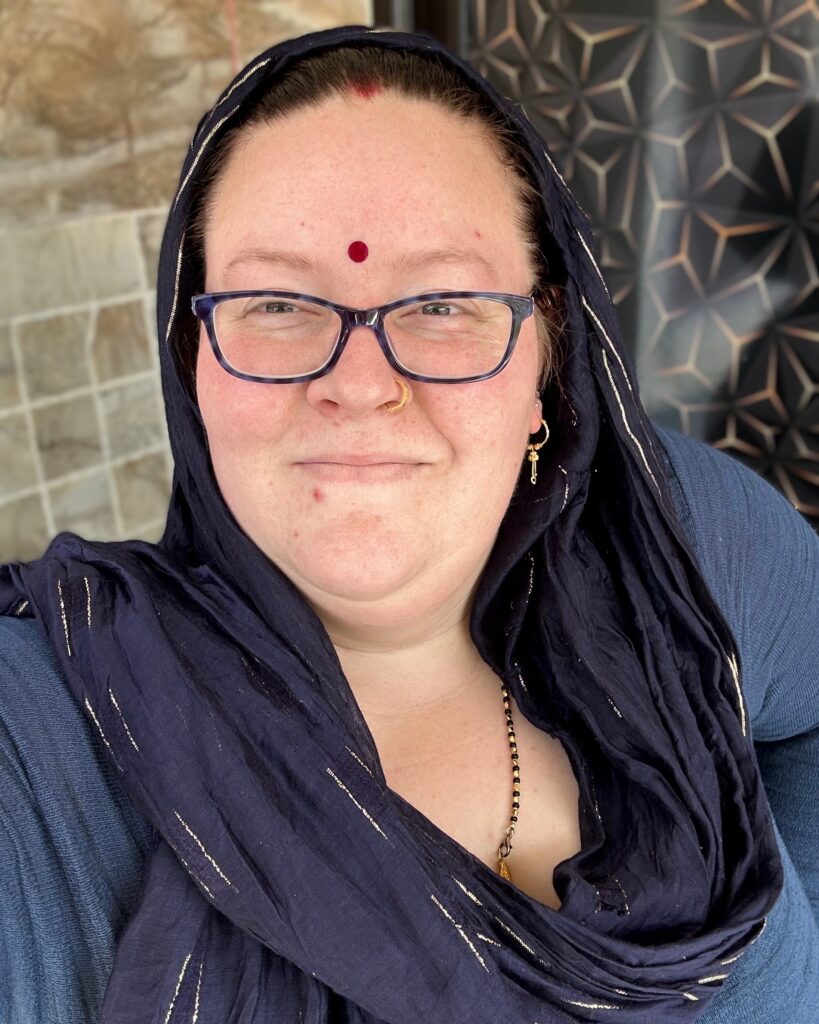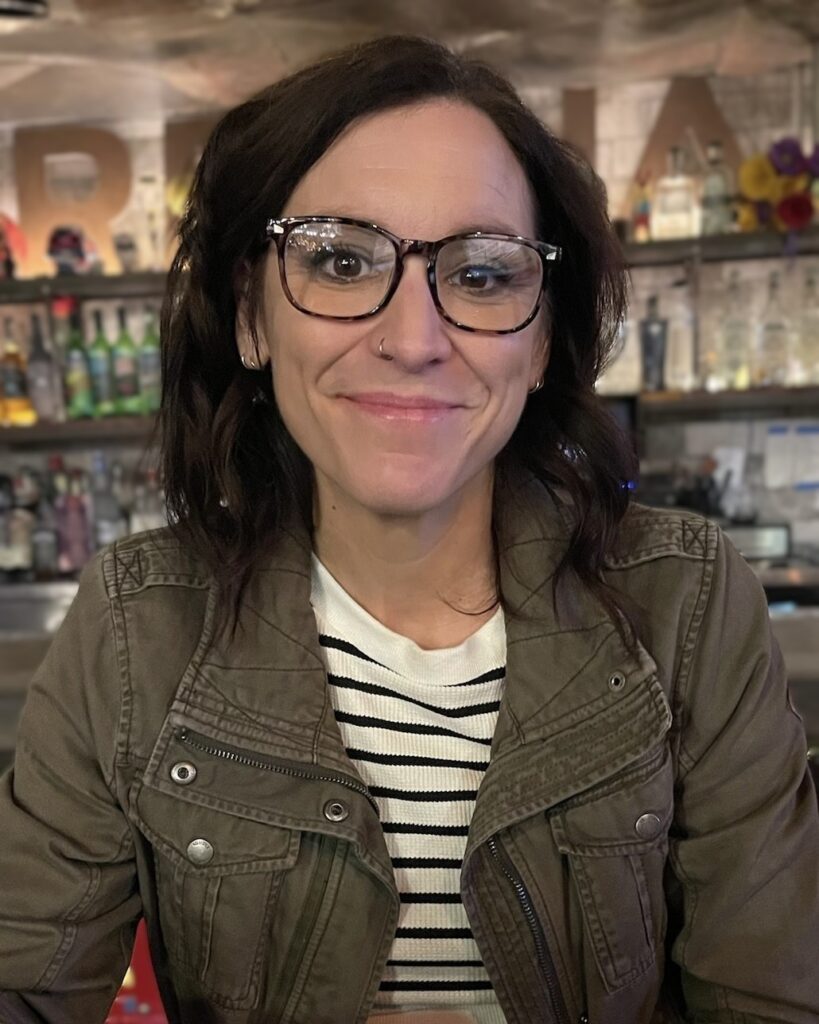Sheila Black
Selected Poems
Sheila Black
Letter in November
I see already how the great forgetting
will steal over me. A longing then to carve
your name into a tree. In the cemetery
in Clifford Chambers, moss fills the letters
carved into the headstones, a kind of frilly tenderness,
sudden influx of pure green. I am watching
the surface of a dull water—plastic bags, tin cans
caught in the branches along the sides. We
found ten dead fish here—a landscape of vultures,
something poisoned. I realized I had
not thought of you for six whole days. You sit
in the chair where I last left you, where I noticed
how bleached your hands appeared, where I
flinched when you said very simply, “I don’t want
you to go,” as if it were I, not you, setting off on
the longest of journeys. Where do we go?
What is broken—does it hold the slightest echo
of its shape? How dense your meaning seemed
to me all my life. Born in Saint Louis, raised
in Illinois, dutiful son who did what he could
to prop up his drunken father. Now in my imagining
we arch like willows by a river to go back, back
to those unmarked times we baked pies together
or picked the smallest ripe tomatoes from the stalks,
popping them like salty cherries in our mouths. And
even this is mere embroidery. I put my ear to the side
of a laurel tree whose bark rasps in late-summer wind.
I hear all but nothing, but I listen for you, my dead
to dream me deeper, to dream deeper into whatever
it is we live though.
Sheila Black
A Brief History of The Hebrides
Sheila Black
Aubade for Inordinate Love
You hurt me more than anyone,
and I still mistake this hurt for love:
great ghost of a thing like the manta
ray I once swam beside for a whole
quarter mile, astonished it could be so
slender yet alive—a kind of cloud
in the water, a shape that made
me think that this must be what we
mean by a soul—surface tuned to
the world so acutely that close as it
came it never once brushed against me;
yet darkened even the sun at times
so it appeared I was swimming through night
waters all the way to Balmoral Island.
The ones who keep them in aquariums
claim they are like dogs—so attuned
they can tell at a flicker what secret
rages or griefs we harbor. They allow
themselves to be stroked even, rolling
over to show the pale gray of their flanged
bellies. The one that followed me was twelve
feet across—yet I could not feel afraid.
We live alone in so much water,
and it appeared to only want to play.
When we reached the surf, it turned
sideways and vanished. I never saw
it again, though I looked. Love should
be like that, gaining traction
from knowing when to withdraw
into its peculiar silence—nothing to be
done but apprehend its distance,
blue pour of light on the far waves.
Sheila Black is the author, most recently, of a chapbook All the Sleep in the World (Alabrava Press, 2021) and Radium Dream, a full-length collection (Salmon Poetry, 2022). Her poems and essays have appeared in Poetry, Kenyon Review Online, Blackbird, The Birmingham Review, The New York Times, and elsewhere. She is a co-editor of Beauty is a Verb: The New Poetry of Disability (Cinco Puntos Press, 2011), and a co-founder of Zoeglossia, a non-profit to build community for poets with disabilities.



